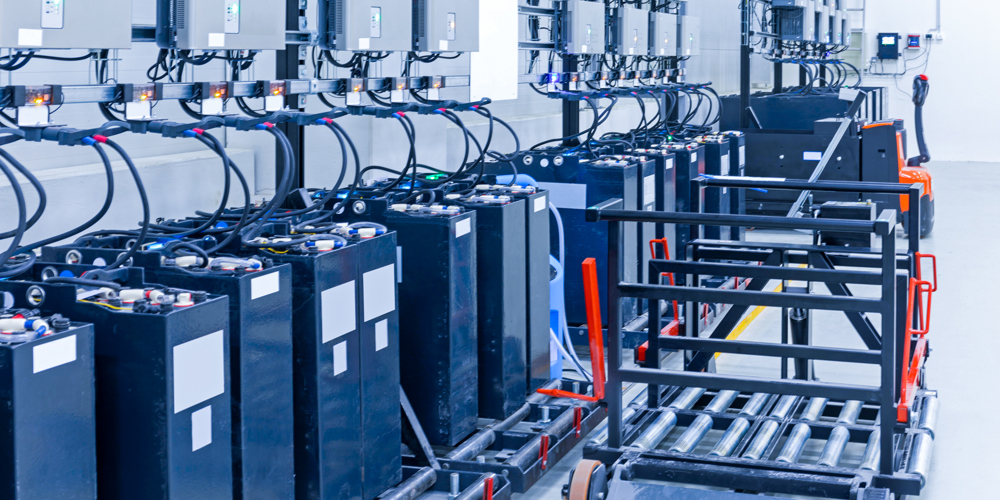ESi has extensive experience performing testing and analysis of battery packs and cells. Our team of electrical engineers, electrochemists, and materials engineers provide insights for battery management, device implementation, and safety considerations, applying expertise in battery material properties, cell construction, and functionality.
Our battery testing projects have spanned various industries, from consumer electronics products and medical devices to Battery Energy Storage Systems (BESS). Our experience covers multiple chemistries including lithium-ion, lithium polymer, nickel metal hydride, and alkaline.
ESi was one of the earliest adopters of Computed Tomography (CT) imaging, and utilizes that technology to view internal cell structures, along with other analyses to fully inspect and characterize battery packs and battery cells, such as Scanning Electron Microscopy (SEM) with Energy Dispersive Spectroscopy (EDS). Our capabilities include Fourier Transform Infrared Spectroscopy (FTIR), and Gas Chromatography Mass Spectrometry (GCMS).
ESi uses large-scale battery cell cycling to observe and characterize behavior during operation – charging, discharging, idle. Examples of past projects include cell supplier evaluation and comparison, optimization of operating parameters, stress testing, and failure analysis.

Advanced Analysis for Reliable Battery Solutions

Brian M. May
Senior Staff Consultant
ESi Battery Cell Testing Capabilities
- Charge/Discharge Cycling
- Capacity Verification
- Rate Capability
- Cycle Life
- Multi-Cell Analysis
- High/Low Temperature Testing
- State of Health (SOH) and State of Charge (SOC) Estimation
- Impedance
- CT Imaging (analysis of internal features)
- SEM/EDS (analysis of pack and/or cell materials)
- FTIR (analysis of pack and/or cell materials)
- GCMS (analysis of cell gases)






